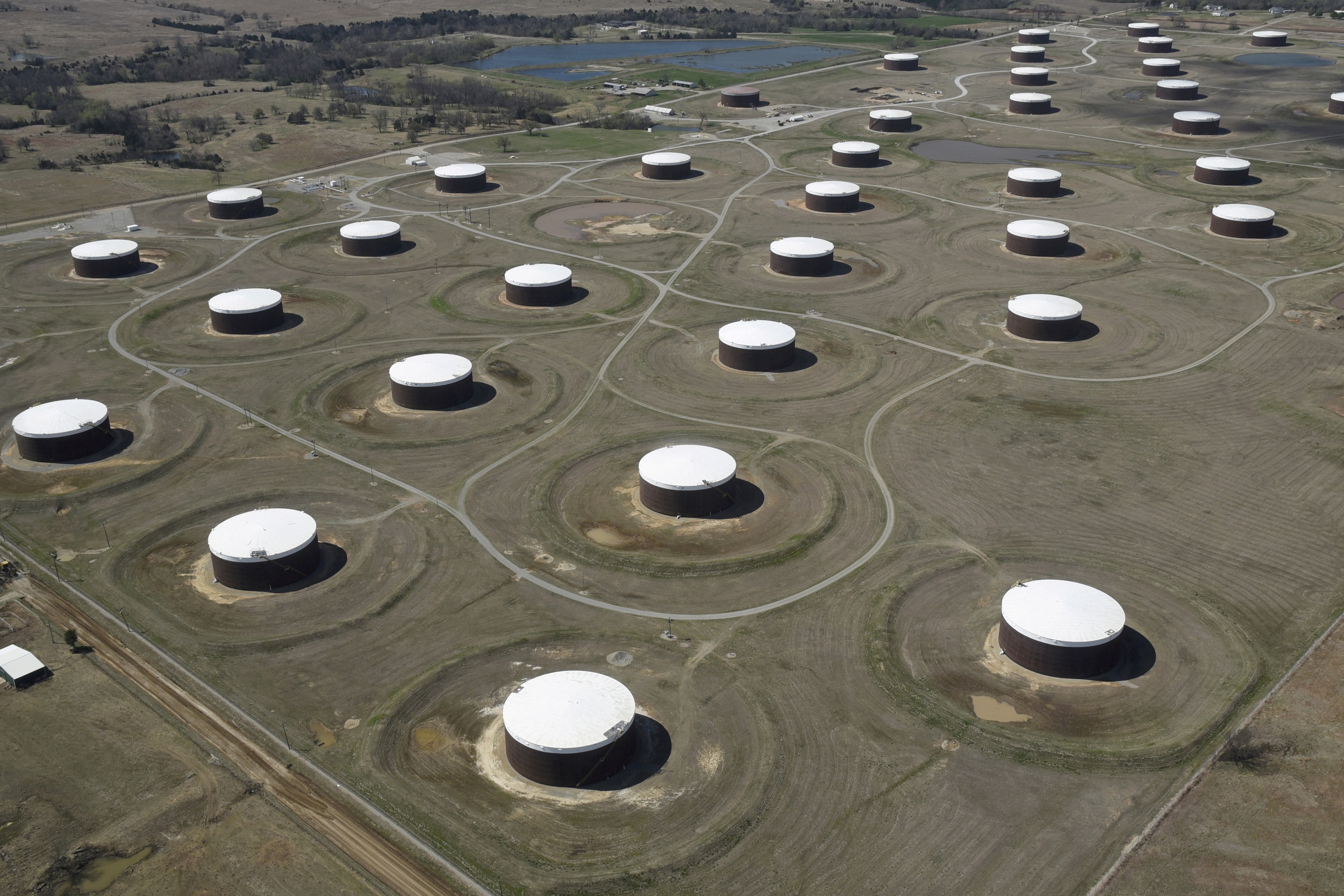Oil Futures Fall Below Zero for First Time in History
Oil futures prices fell below zero for the first time in history, as a market glut fueled by the eco..
Oil futures prices fell below zero for the first time in history, as a market glut fueled by the economic fallout from the pandemic drove a selloff by traders desperate to avoid taking delivery of physical supplies of the commodity.
May futures contracts of U.S. crude, which trade as West Texas Intermediate (WTI), fell $55.9, or 306 percent, to settle at a discount of $37.63 a barrel after touching an all-time low of minus $40.32 a barrel.
When a futures contract expires—which takes place on Tuesday in the case of May contracts of WTI—traders must decide whether to take delivery or roll their positions into an upcoming contract.
“If you dont have storage, you have to get out,” explained oil economist and consultant Phil Verleger.
WTI crude futures contracts are typically settled financially, but those that havent been closed out after expiry and failing special arrangements are liquidated by physical delivery. These would typically go to Americas key crude oil storage hub and delivery point at Cushing, Oklahoma, which is rapidly filling up.

“The storage is too full for speculators to buy this contract, and the refiners are running at low levels because we havent lifted stay-at-home orders in most states,” said Phil Flynn, an analyst at Price Futures Group in Chicago.
With much of the global economy at a standstill due to the CCP (Chinese Communist Party) virus, a novel coronavirus that causes the disease COVID-19, physical demand for crude has dried up, leading to a supply glut. This despite the fact that some OPEC countries and Russia recently agreed to production cuts.
Meanwhile, the difference between the expiring May WTI contract and the coming June WTI contract widened to a record at more than $60 a barrel intraday Monday. This suggests that traders believe that as the pandemic runs its course, demand for oil—and its price—will jump later in the year.
“If youRead More – Source

